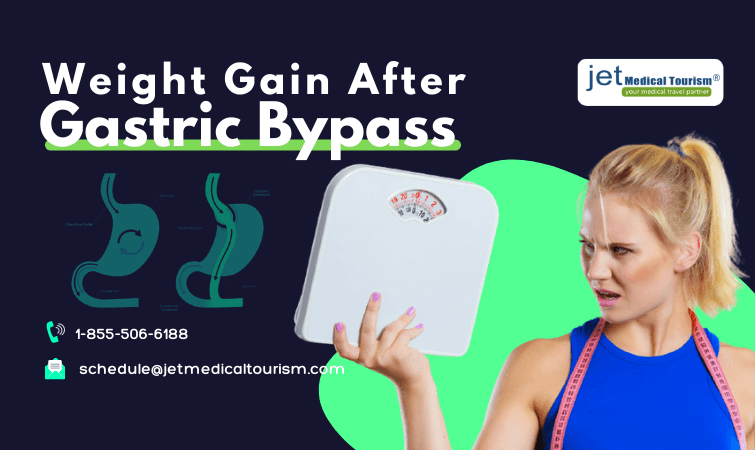Coffee After Bariatric Surgery – Is it Safe?
 Coffee after bariatric surgery is not recommended by most doctors primarily because caffeine prevents the body from absorbing nutrients.
Coffee after bariatric surgery is not recommended by most doctors primarily because caffeine prevents the body from absorbing nutrients.
Many things change after bariatric surgery, and diet is one of the most significant areas where you’ll have to make adjustments.
Patients often worry that they’ll have to give up some of their favorite foods and beverages, and while that’s not always the case, it is recommended that you do not drink coffee after bariatric surgery.
Coffee can prevent the absorption of nutrients within your body, and it can also cause indigestion. As such, most doctors and nutritionists suggest avoiding coffee after bariatric surgery, along with other products that contain caffeine.
Caffeine Can Inhibit Nutrient Absorption
A few bariatric procedures encourage weight loss by reducing your body’s ability to absorb calories and nutrients. Unfortunately, caffeine can further prevent your body from properly absorbing nutrients.
So if you drink coffee after a bariatric surgery that works through malabsorption, then you could end up with a nutrient deficiency, leading to a whole host of health problems. As a result, it’s typically best for post-op bariatric patients to avoid caffeine.
Coffee After Bariatric Surgery Can Lead to Indigestion
Another problem with coffee after bariatric surgery is that it can cause indigestion, a problem with which many bariatric patients already struggle. Caffeine stimulates acid production in the stomach, and this can lead to gastro-esophageal reflux disease (GERD) flare-ups or acid reflux.
For this reason, coffee should undoubtedly be avoided immediately following surgery, and also in the months after as your stomach heals.
Can I Ever Drink Coffee After Bariatric Surgery?
For some people, the thought of giving up coffee is unimaginable, but luckily there is a solution: decaf. Decaffeinated coffee only contains trace amounts of caffeine, making it safe to consume as an alternative to coffee (as long as it doesn’t give you indigestion).
As with all things, moderation is key, and you should focus primarily on drinking water throughout the day to ensure proper hydration. Most surgeons recommend drinking 64 ounces of water every day after bariatric surgery, but make sure you don’t drink within 30 minutes of a meal.
Other Caffeine-Containing Foods to Avoid
The coffee itself isn’t necessarily the problem after bariatric surgery (though it can cause indigestion), but rather the caffeine it contains. However, coffee isn’t the only food or beverage that contains caffeine.
There are other items you should avoid after bariatric surgery as well, such as:
- Tea
- Chocolate
- Soda
- Ice creams
- Energy drinks
Drinking coffee and other products that contain caffeine after you’ve had bariatric surgery is not the best idea, especially if your procedure helps you lose weight by stopping your body from absorbing nutrients.
Beyond that, avoid coffee for the role it plays in causing acid reflux. However, if coffee doesn’t give you indigestion and you really want to have a morning cup of joe, then you can try decaf, which doesn’t contain caffeine and won’t interfere with your body’s ability to absorb nutrients.
Find out if you qualify for the Mexico Gastric Sleeve Surgery by clicking through to our online application form or contact us today to find out more.
[button link=”https://jetmedicaltourism.com/apply/” type=”big” color=”blue” newwindow=”yes”] See If You Pre-Qualify[/button]
[button link=”https://jetmedicaltourism.com/contact/” type=”big” color=”blue” newwindow=”yes”] Contact Us Today[/button]


